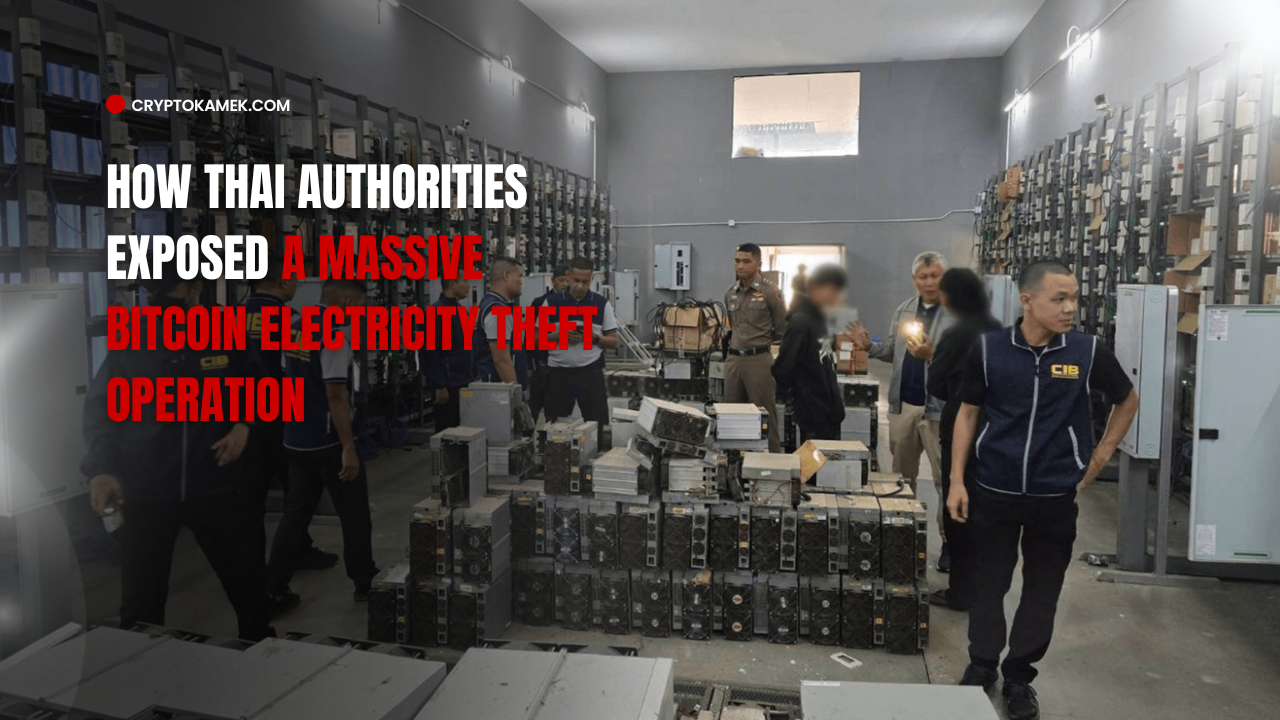

El Salvador: The First Country to Buy Bitcoin Directly
El Salvador has captured the world’s attention as the first and only nation to purchase Bitcoin directly, setting it apart in the global financial landscape. Among the 13 countries holding Bitcoin, El Salvador’s unique approach has ignited debates on its potential benefits, risks, and the broader implications for the world economy.
Let’s take a closer look at this fascinating story—where history, innovation, and controversy collide.
The Start of a Bold Experiment
In 2021, El Salvador made headlines by declaring Bitcoin as legal tender, a world first. This groundbreaking decision, driven by President Nayib Bukele, was not made lightly. Bukele argued that Bitcoin could address critical economic challenges, including the country’s heavy reliance on remittances and its largely unbanked population.
Why Did El Salvador Take This Step?
- Financial Inclusion: A large percentage of Salvadorans lacked access to traditional banking services. Bitcoin promised to offer them an alternative, accessible through a smartphone.
- Attracting Investment: By making Bitcoin a legal currency, El Salvador hoped to position itself as a hub for cryptocurrency investment, hoping that tech companies and digital entrepreneurs would flock to the country.
The decision wasn’t made in a vacuum. In fact, El Salvador’s economic situation was a driving force behind the move. The country has long struggled with poverty, high unemployment, and a reliance on remittances from Salvadorans living abroad. By embracing Bitcoin, the hope was that the country could break free from the financial limitations of traditional systems.
Bitcoin Holdings: The Growing Investment
As of December 2024, El Salvador’s Bitcoin strategy has led the country to acquire about 5,900 BTC through direct purchases and small-scale mining operations. This investment, valued at over $603 million, represents a significant increase—117.74% growth—since the beginning of the year.
Interestingly, while nations like the United States and China also hold substantial amounts of Bitcoin, their acquisitions are mainly the result of law enforcement seizures, not direct market purchases like El Salvador’s. This distinction is critical. El Salvador is the only country that actively buys Bitcoin on the open market, making its approach a unique case study in the global conversation about cryptocurrencies.
The Financial Implications
El Salvador’s bold stance on Bitcoin has not been without controversy. The International Monetary Fund (IMF) has raised significant concerns, especially regarding the mandatory use of Bitcoin in transactions. The IMF fears that Bitcoin’s volatility could create financial instability in the country. As part of negotiations for a $1.3 billion loan, the IMF has urged El Salvador to reconsider its Bitcoin policy, suggesting that Bitcoin should be accepted voluntarily rather than mandatorily.
This has led to a reassessment of the Bitcoin Law, with the government considering a shift toward more flexible rules. The IMF’s stance highlights a broader concern—can cryptocurrency be integrated into national economies without jeopardizing financial stability?
Chivo Wallet: A Step Toward Digital Financial Systems
A key component of El Salvador’s Bitcoin experiment is the Chivo Wallet, a government-backed digital wallet designed to facilitate cryptocurrency transactions among Salvadorans. When it was launched, the government offered a $30 incentive for people to download the app, encouraging the population to start using Bitcoin for everyday transactions.
However, despite initial enthusiasm, the adoption rate has been slower than expected. While half of the country’s households downloaded the app, actual transaction rates have been disappointingly low. Many Salvadorans remain hesitant to use Bitcoin, often preferring cash over the digital currency. This has led to questions about whether Bitcoin can truly replace traditional currency in an economy with a strong cultural attachment to physical cash.
The Public’s Response: A Mixed Reaction
Despite the innovative nature of El Salvador’s Bitcoin push, there is significant skepticism among its citizens. Polls reveal that a majority of Salvadorans are still unsure about Bitcoin’s viability as a stable currency. Concerns about Bitcoin’s extreme volatility and the lack of understanding about how the system works have made it difficult for many to embrace the digital currency.
Furthermore, critics argue that the government’s focus on Bitcoin is diverting attention away from more pressing issues, such as poverty, unemployment, and education. Critics contend that Bitcoin’s potential rewards are uncertain, and the country may be risking its economic stability in pursuit of an uncertain future.
The Challenges of Implementing a Digital Currency
As with any groundbreaking policy, the transition to Bitcoin as legal tender has been challenging. The government has been forced to confront technical and practical issues, ranging from educating the public on how to use the Chivo Wallet to addressing concerns over Bitcoin’s environmental impact due to the energy consumption of Bitcoin mining.
In a country where a significant portion of the population is still unbanked, transitioning to a purely digital financial system presents challenges. Will Bitcoin’s volatility make it a reliable store of value? This question remains at the heart of the debate as the country tries to balance the benefits of innovation with the risks of instability.
What’s Next for El Salvador’s Bitcoin Experiment?
Looking ahead, El Salvador’s Bitcoin strategy will likely continue to evolve. The country’s leaders face pressure to make the transition smoother while also ensuring that the potential economic benefits of Bitcoin adoption are realized. There’s no doubt that the potential rewards could be significant, but they come with risks that need to be carefully managed.
The future of El Salvador’s Bitcoin experiment will depend on several factors, including global market trends, international regulatory frameworks, and the ongoing response from the Salvadoran public. How will the country balance the pursuit of digital currency innovation with the need for economic stability?
A Global Case Study
El Salvador’s position as the first country to purchase Bitcoin directly is not just a curiosity—it is a case study for the world. Other countries and governments will be watching closely to see how the nation’s experiment plays out. If El Salvador succeeds in integrating Bitcoin without destabilizing its economy, it could pave the way for other nations to follow suit.
However, if the experiment fails, it could serve as a cautionary tale for those considering similar paths. El Salvador’s Bitcoin experiment is not just a national issue; it has become a global conversation about the future of money and how digital currencies can—or can’t—be integrated into traditional economic systems.
Conclusion: What Does the Future Hold?
El Salvador’s unique position as the only country directly purchasing Bitcoin highlights both the potential benefits and the significant risks of adopting cryptocurrency on a national level. Bitcoin offers opportunities for financial innovation, but it also raises questions about volatility, security, and long-term economic stability.
As the country continues to push the boundaries of digital currency adoption, the rest of the world is watching closely. Will El Salvador succeed in creating a stable, sustainable model for Bitcoin in national economies? Or will the risks outweigh the rewards?
In the end, El Salvador’s Bitcoin journey is a bold experiment that could shape the future of cryptocurrency—not just in El Salvador, but across the globe.
Source:
- El Salvador required to remove mandatory Bitcoin acceptance to get $1.3 billion IMF loan – FT
- El Salvador Is the Only Country Directly Buying Bitcoin Among 13 BTC-Holding Nations
- Bitcoin in El Salvador






